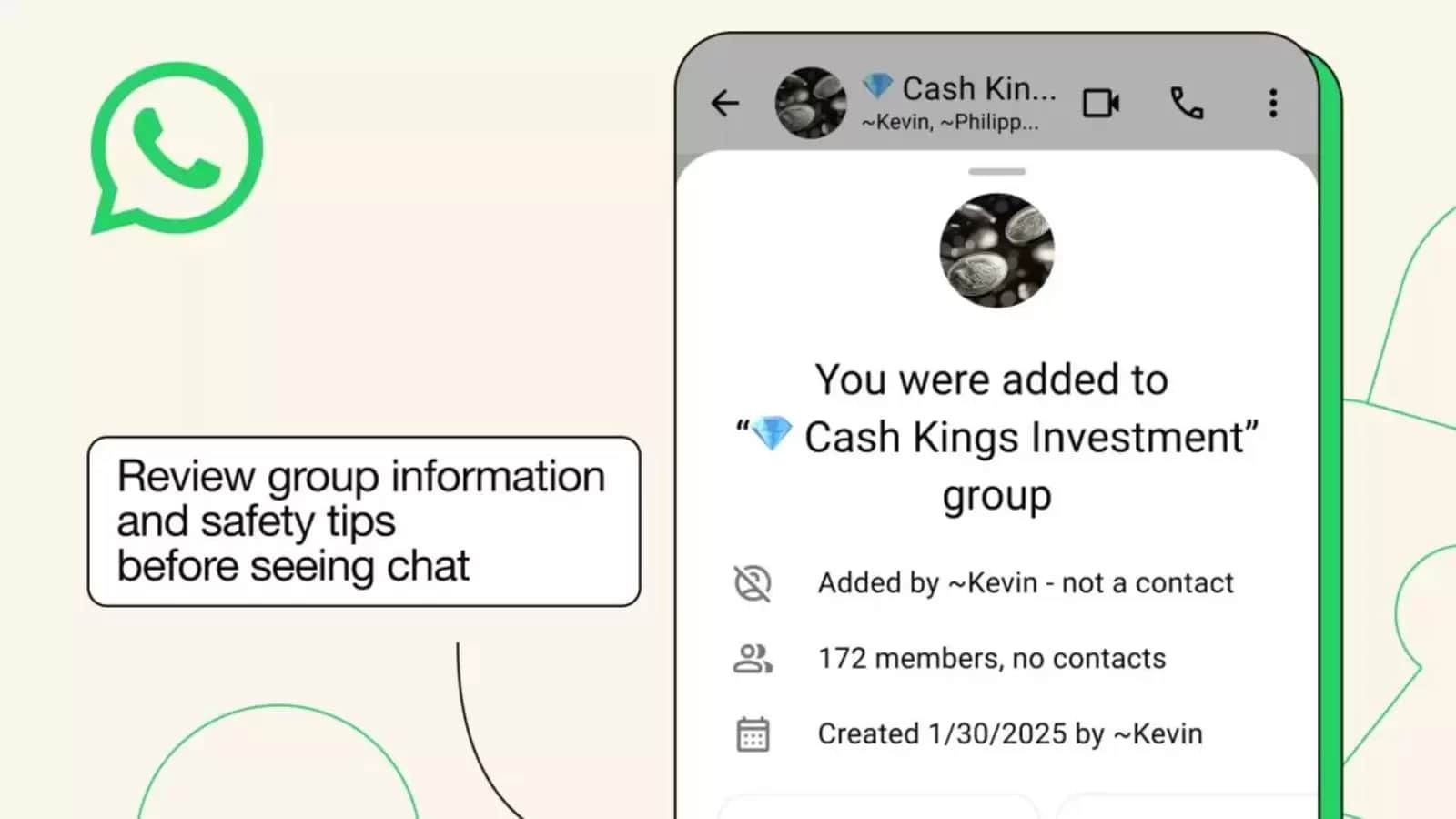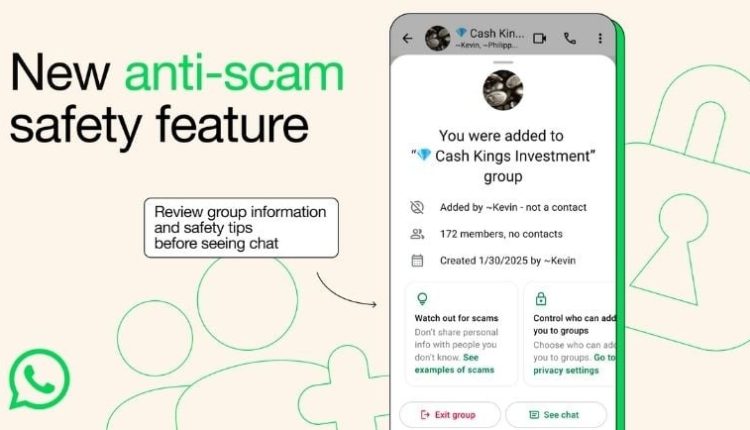WhatsApp Bans 6.8 Million Scam Accounts and Launches New Safety Tools
WhatsApp’s New Safety Features Target Group and Individual Chat Scams
WhatsApp is rolling out a multi-pronged offensive against organized scam networks, introducing new in-app safety tools while revealing it has banned a staggering 6.8 million accounts linked to criminal operations in just the first half of 2025. The moves signal Meta’s aggressive stance against increasingly sophisticated fraud campaigns exploiting the platform’s 2 billion-plus users worldwide.
Unprecedented Enforcement Scale
The banned accounts, primarily tied to criminal scam centers in Southeast Asia using forced labor, were proactively detected and removed before becoming operational. These centers orchestrate diverse scams from cryptocurrency “investment opportunities” and fake job tasks to pyramid schemes like rent-a-scooter programs. Common to all is the demand for upfront payments promising unrealistic returns.
“Scammers deliberately cycle targets through multiple platforms starting on dating apps or SMS, moving to social media, then private messengers like WhatsApp, and finally payment or crypto apps,” WhatsApp explained in its announcement. This fragmentation makes detection harder, as no single service sees the full scam lifecycle.
Collaborative Disruption and AI-Powered Scams
A recent joint operation with OpenAI uncovered a Cambodia-based scam center using ChatGPT to generate convincing initial messages. Victims received AI-crafted texts with WhatsApp group links, then were quickly redirected to Telegram and assigned “tasks” like liking TikTok videos. After fabricating “earnings” to build trust, scammers demanded cryptocurrency deposits.
“By using more platforms, they’re trying to cover their tracks,” said Claire Deevy, WhatsApp’s Director of External Affairs. “But collaboration means they expose themselves to more detection systems simultaneously”.
New User Protections: Group and Individual Safeguards
WhatsApp’s new “safety overview” intercepts suspicious group invites. If someone outside your contacts adds you to a group, you’ll first see a detailed screen showing:
-
Who added you, and when the group was created
-
How many members exist, and if any, are your contacts
-
Anti-scam tips and an option to exit immediately

Notifications stay muted until users actively choose to stay. For individual chats, WhatsApp is testing contextual warnings when messaging unknown numbers, highlighting potential risks.
Expert-Backed Defense Tactics
Partnering with ethical hacker Rachel Tobac, WhatsApp advocates a “Pause, Question, Verify” approach:
-
Pause: Don’t rush to respond. Assess if the sender is recognized, and if the request seems legitimate.
-
Question: Is it too good to be true? Does it pressure quick action or demand money/gift cards?
-
Verify: If a contact claims urgency, confirm their identity via a different channel, call a known number if they message via WhatsApp, or vice versa.
The timing is critical. Pew Research notes 73% of U.S. adults have faced scams, while the FBI recorded $16.6 billion in losses to internet crimes in 2024 alone.
Ongoing Arms Race
These features build on WhatsApp’s existing “context cards” for groups. While safety tools roll out globally, the company acknowledges scammers will adapt. “This is an ever-evolving problem with no definitive solution,” notes Social Media Today, emphasizing continual vigilance from platforms and users alike.
Subscribe to my whatsapp channel


Comments are closed.